Filters
Product Categories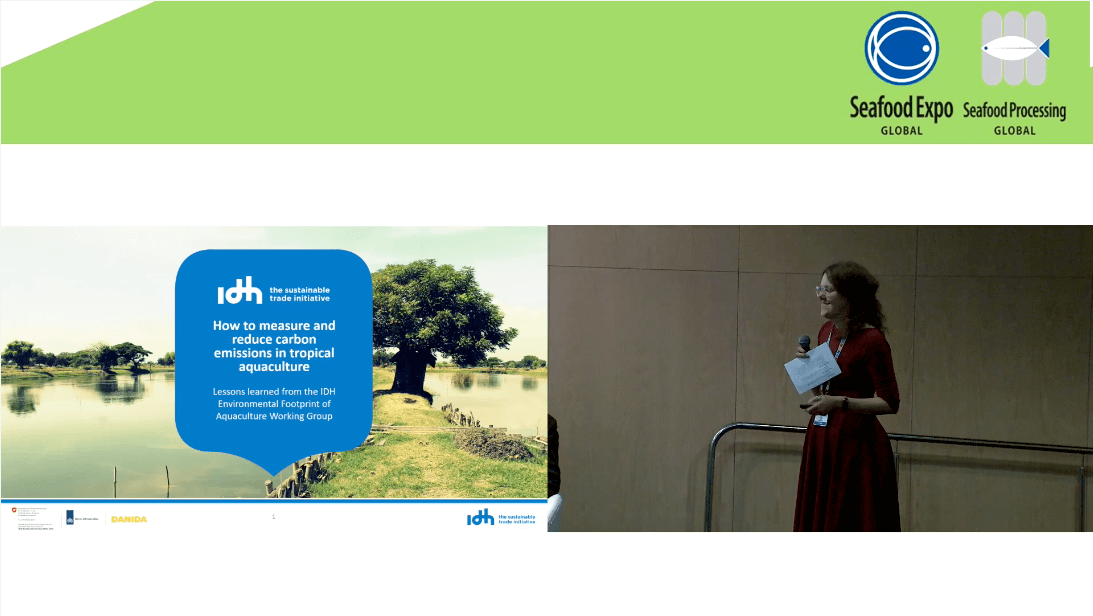
Speaker:
Lisa Van Wageningen
Teresa Fernandez
Dominique Gautier
Björn Kok
Pamela Nath
The recent IPCC report is very clear: we need to reduce greenhouse gas emissions now to avoid catastrophe. As food production accounts for a large share of global emissions, we cannot wait to start reducing the carbon footprint of different sectors, including seafood – both wild harvest and aquaculture. However, to date, methodology to calculate the footprint of seafood products has been lacking in the seafood industry, and without accurate baseline footprints, understanding hotspots and implementing improvement projects to meet targets is out of reach. To face this challenge, a few forward-looking companies have joined the IDH Aquaculture Working Group on Environmental Footprint, to among other environmental concerns, start measuring their carbon footprints along their entire supply chains – from the soy being produced for use in aquafeed, up until purchase by consumers. As the timeframe for reducing emissions is closing in, this Panel Presentation at Seafood Expo Global (Barcelona) will allow a platform for companies at different segments of the value chain to explain how they approach measuring carbon along their supply chains; and will explain where the carbon hotspots are in tropical aquaculture supply chains; and what they learned during the process of evaluating the footprint of aquaculture products. Along with the companies, the Panel Presentation will include experts in environmental foot printing in the agri-food sector. Join us in this session and listen to the experiences of companies that are calculating the footprint of their seafood products. Learn what your company can do in measuring and reducing your aquaculture carbon footprint.
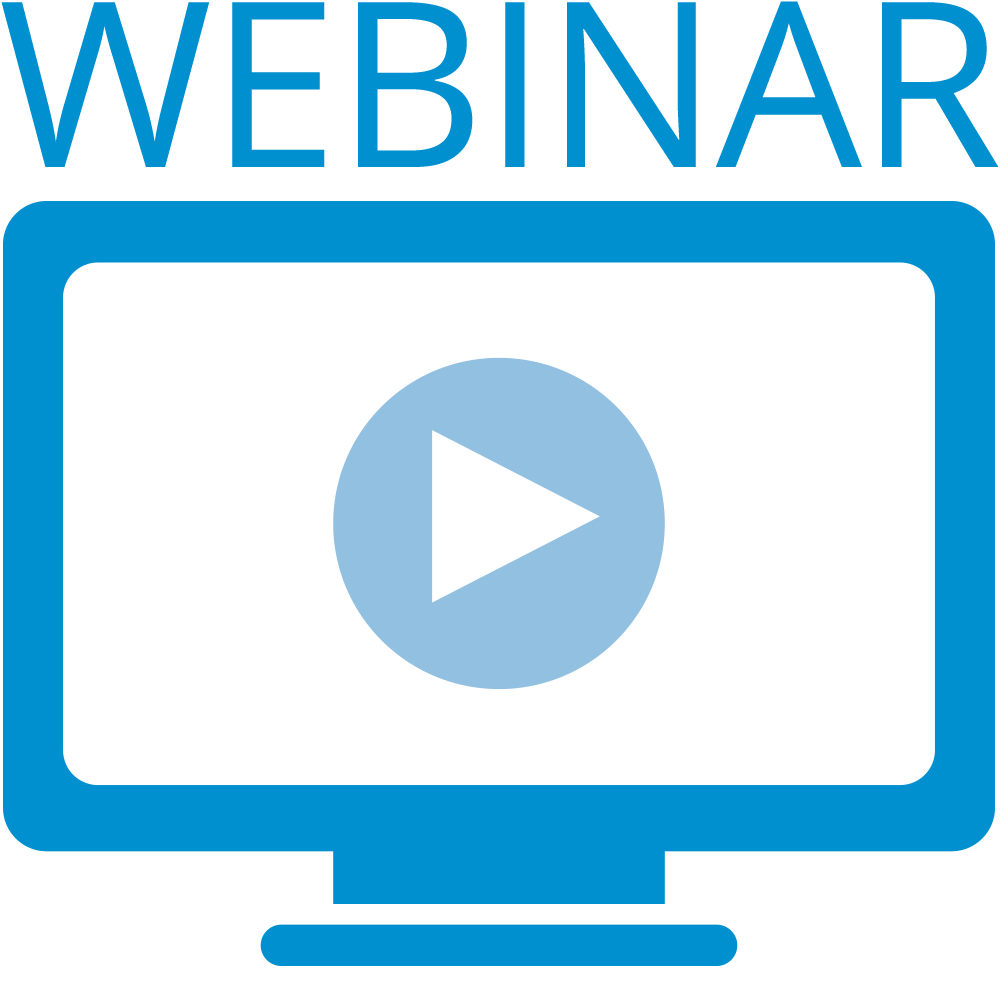
Introducing RISE, a Roadmap to Improve Seafood Ethics

Fishermen and coastal communities are increasingly experiencing shifts in fish resource abundance and distribution, likely related to changing ocean temperatures caused by climate change.
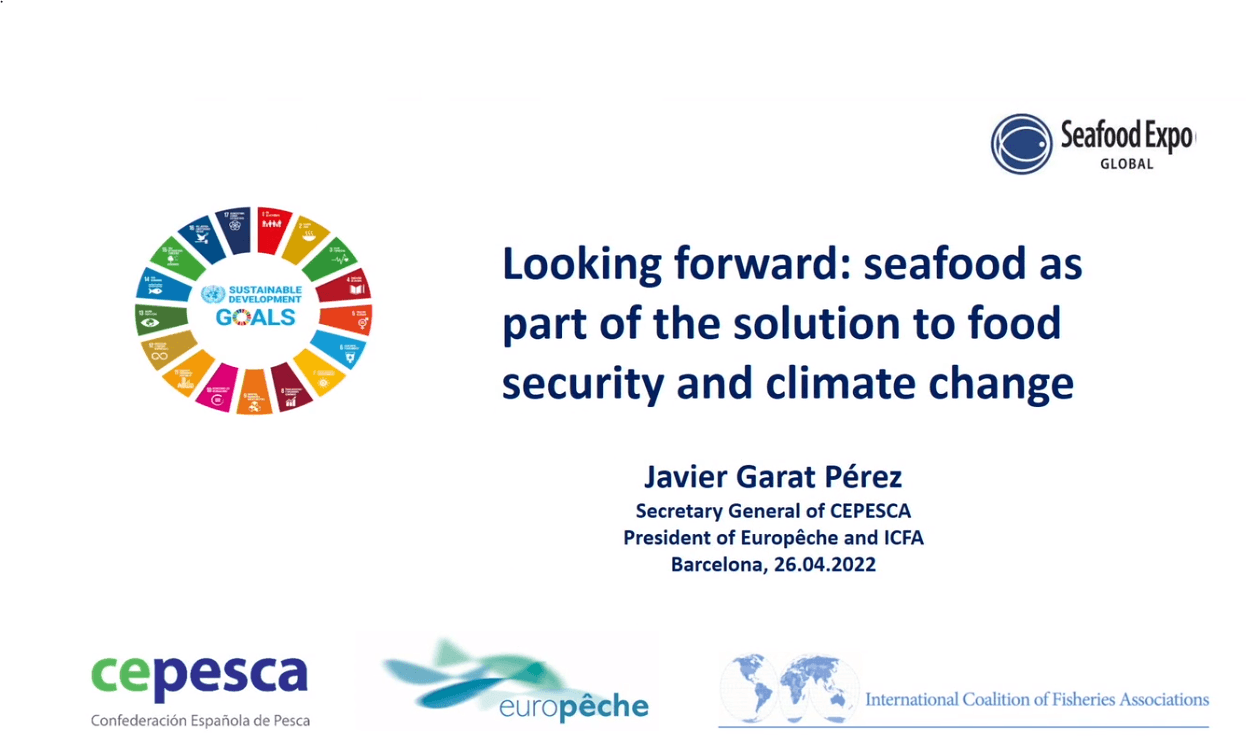
Speaker: Javier Garat, President - Europêche and ICFA
FAO talks about the new narrative concerning the fishing industry. In the conference, Javier Garat will talk about the reasons why seafood is the healthiest animal protein in the planet and with less carbon footprint in its production. He will explain why it is so important to contribute to world food security and to the fight against climate change. Garat will talk about the need to manage 100 % of the world fish stocks and the need to balance the conservation of marine biodiversity, the sustainable use of the natural resources and the food security. Furthermore, he will talk about the contribution of fishing industry to the SDG and how innovation is contributing to the sustainability of the industry.

What's Happening with US Aquaculture Industry Advocacy
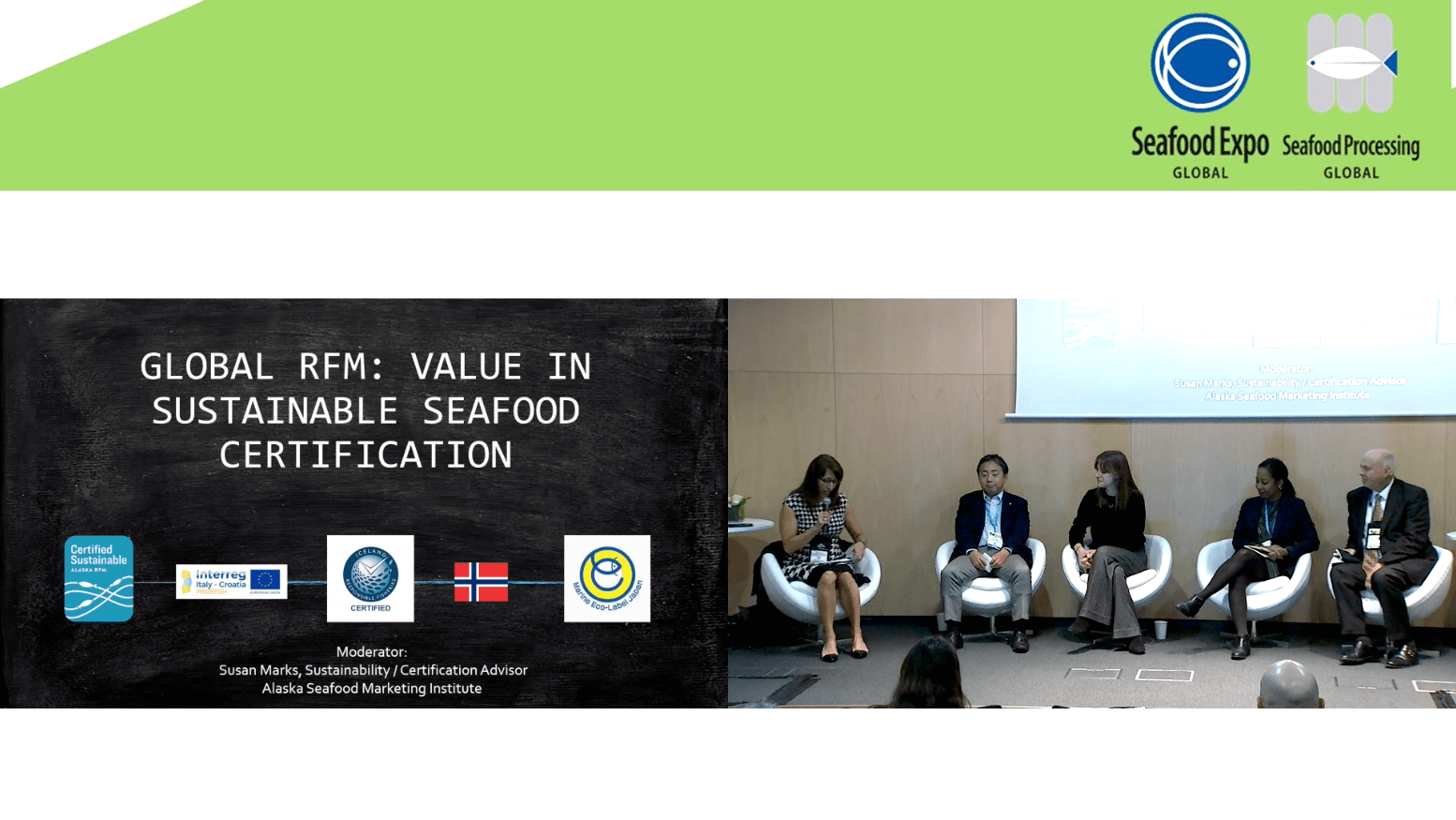
Speaker: Howard Tang, CEO - Peritus Capital
Environmental, Social, Governance (ESG) investing has become a multi-billion-dollar behemoth for Wall Street and beyond. What was once a niche investment class can only be ignored by corporate titans, venture capitalists, and family offices at their peril. Sustainability-focus has become an investment commandment. The aquaculture industry has not been immune. The sector has been facing ever more scrutiny on a range of issues regarding poor fish welfare, the use of unsustainable raw materials, and its overall environmental impact. Investor pressure has pushed the industry towards more transparency and overall accountability with nearly every major aquaculture company publishing ESG metrics. Meanwhile, global aquaculture companies are taking environmental stewardship seriously by taking vocal stands against Amazon-sourced soy and by investing heavily in fish meal alternatives. Billions of dollars have also been poured into land-based initiatives like Atlantic Sapphire and Kingfish Zeeland, despite their complexity and frequent setbacks. It’s a tangible demonstration that investors are willing to endure challenges and volatility to see the promise of a locally produced fish that is more sustainable come to market. It’s easy to go down the rabbit hole in terms of ESG and sustainability for both investors and companies. This session will explore the most critical issues facing aquaculture today and what future issues are on the horizon. We’ll discuss how sustainability is pushing the industry to innovate and is challenging conventional shorter-term investment horizons from new production methods such as land-based farming and off-shoring to alternative feed ingredients for fish meal and soy.
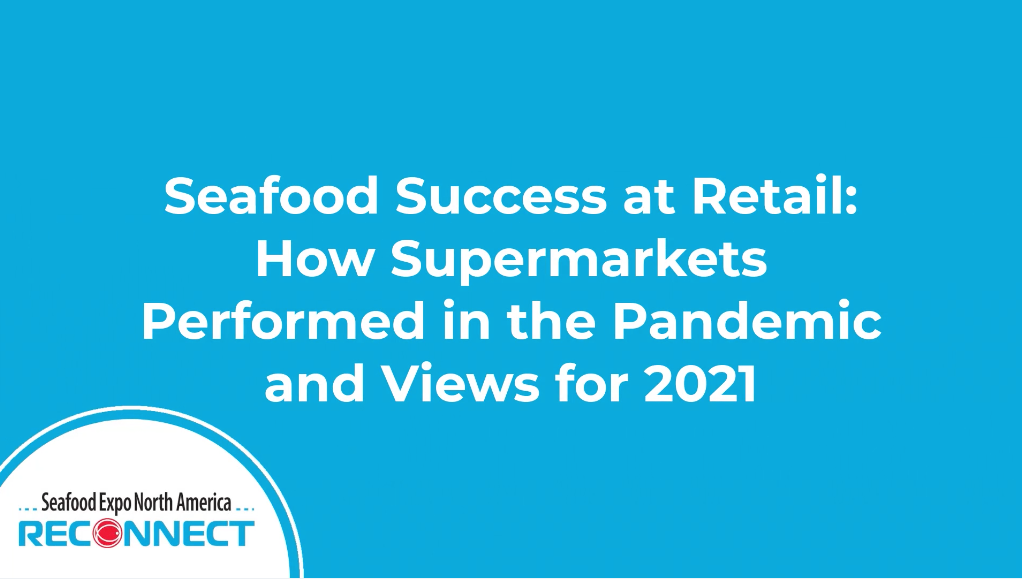
Speakers: Rick Stein, VP of Fresh Foods - FMI (Food Marketing Institute); Guy Pizzuti, Seafood Category Manager – Publix; Jason Pride, Vice President - Meat and Seafood - Hy-Vee, Inc.; David Wier, Seafood Buyer / Merchandiser - Meijer, Inc
Session Description: FMI presents data to show how seafood at Supermarkets has performed over the last year. As consumers rushed to stores in March, April, and May and bought protein in unprecedented amounts, Seafood departments began to see a surge in seafood sales (both Frozen and Fresh). This session is a conversation with three distinct and top-tier retailers (Hy-Vee, Meijer, and Publix) Guy Pizzuti, Dave Wier, and Jason Pride. They describe the seafood department in their operations and how they have met consumer demand during the pandemic. They also address supply chain challenges and their view on the upcoming year. This session is a frank discussion about how supermarket seafood departments perform and how consumers are changing the way they purchase seafood.

The Evolving U.S. View of the Asian Seafood Market
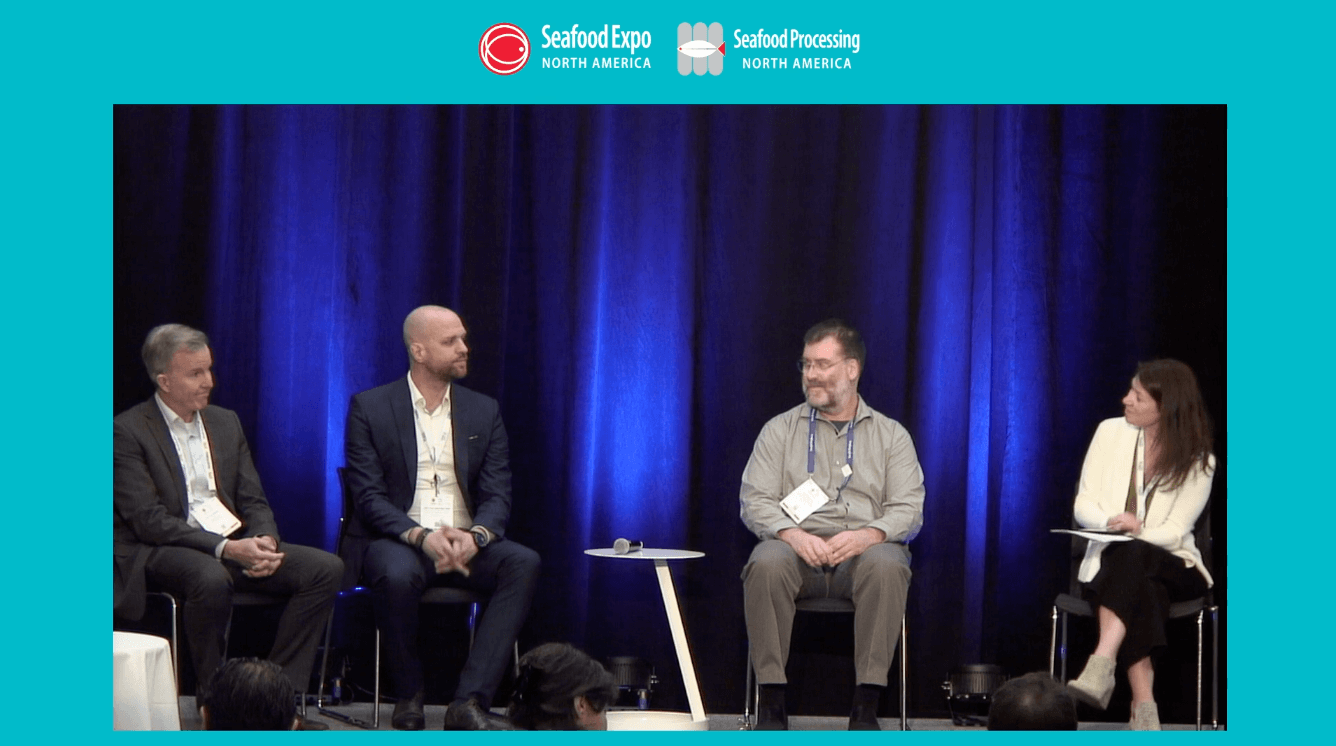
Moderator: Jill Swasey, ASC
Speakers:
- Anton Immink, ThinkAqua
- Dave Martin, Sustainable Fisheries Partnership,
- Roy Van Daatselaar Aquaculture Stewardship Council (ASC)
Fishery Improvement Projects (FIPs) have become an instrumental tool for fisheries sustainability over the past decade. While improvements in aquaculture are just as critical as in fisheries, Aquaculture Improvement Projects (AIPs) are far less developed than their FIP cousins and have yet to gain traction in the marketplace. At the same time, awareness is growing on the historic and current environmental impacts of aquaculture production, particularly on critical habitats such as mangroves. As aquaculture production increases globally, opportunities exist to both scale-up responsible production while also preserving the biodiversity and climate benefits gained through restoring critical habitats. Three of the leading organizations in responsible aquaculture – the Aquaculture Stewardship Council, Sustainable Fisheries Partnership, and Monterey Bay Aquarium Seafood Watch – are teaming up in an effort to streamline the path to sustainability for aquaculture producers, engaging more stakeholders in the process, and delivering improvements in farming practices and management that will protect those essential functions gained through restoring critical habitats. Farmers engaged in improvement program pilots are supported through partnerships with local consultants and supply chain partners. These pilots provide farmer support and capacity building at a greater scale by engaging farmers that have common practices and challenges in a shared region. In some instances, barriers to information requirements can be alleviated through the use of remote monitoring technology and shared impact assessment studies. This allows project partner organizations the opportunity to reduce the burdens and confusion of information needs to farmers and cater trainings and improvements to the farmer needs and at the scales at which they operate.
Together, these organizations will convene a diverse group of industry and other stakeholders to:
• Discuss the importance of aquaculture improvement in relation to assured supply of sustainable seafood;
• Explore how landscape level improvements can facilitate farm-level certification (and vice versa);
• Highlight opportunities to protect and restore critical habitats and maintain responsible farming practices; and
• Share some early lessons learned and opportunities for engagement in pilot aquaculture improvement projects underway.
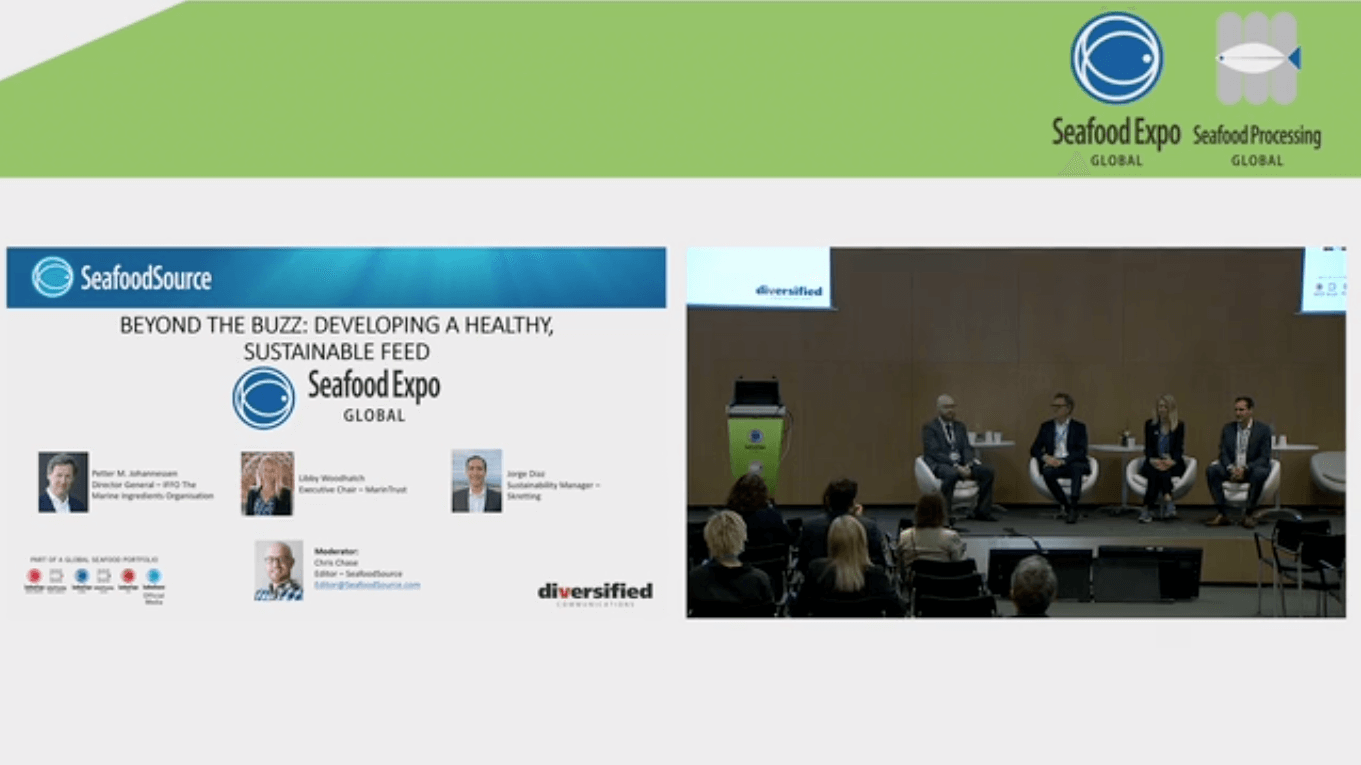
Speakers: Chris Chase, Editor - SeafoodSource.com, Jorge Diaz, Sustainability Manager - Skretting, Petter Martin Johannessen, Director General - IFFO The Marine Ingredients Organisation, Libby Woodhatch, Executive Chair - MarinTrust
The aquaculture feed sector is seeing the development of new inputs with the potential to improve the sustainability of its product. While these new innovations can contribute to a better feed, traditional inputs like fishmeal still hold the greatest potential to efficiently deliver a nutrient rich, sustainable feed to the aquaculture marketplace. This panel will explore how the feed sector is working to design a feed that meets the needs of the aquaculture industry and its customers.





